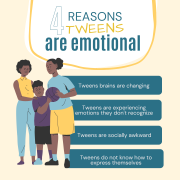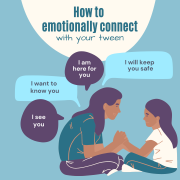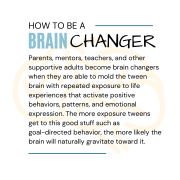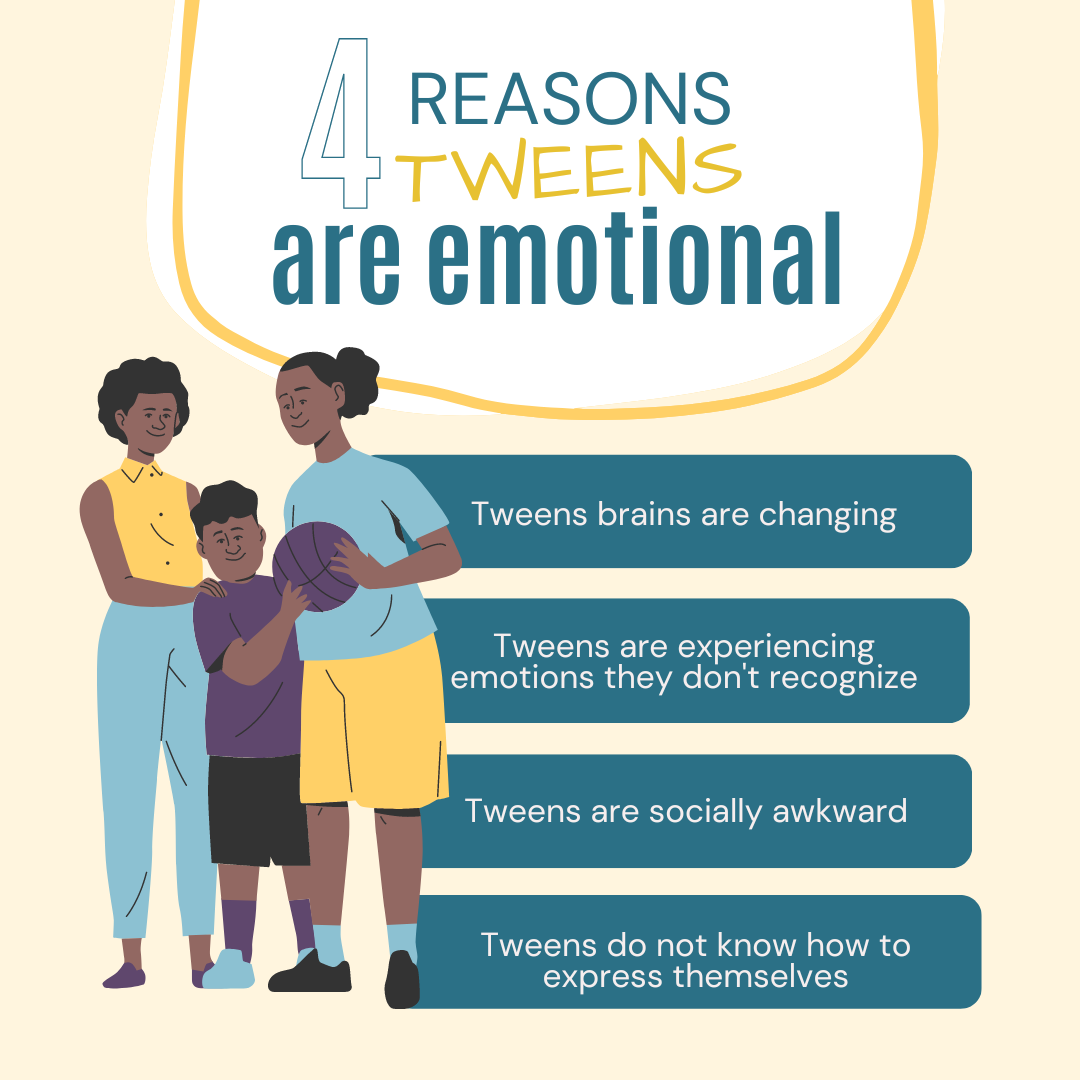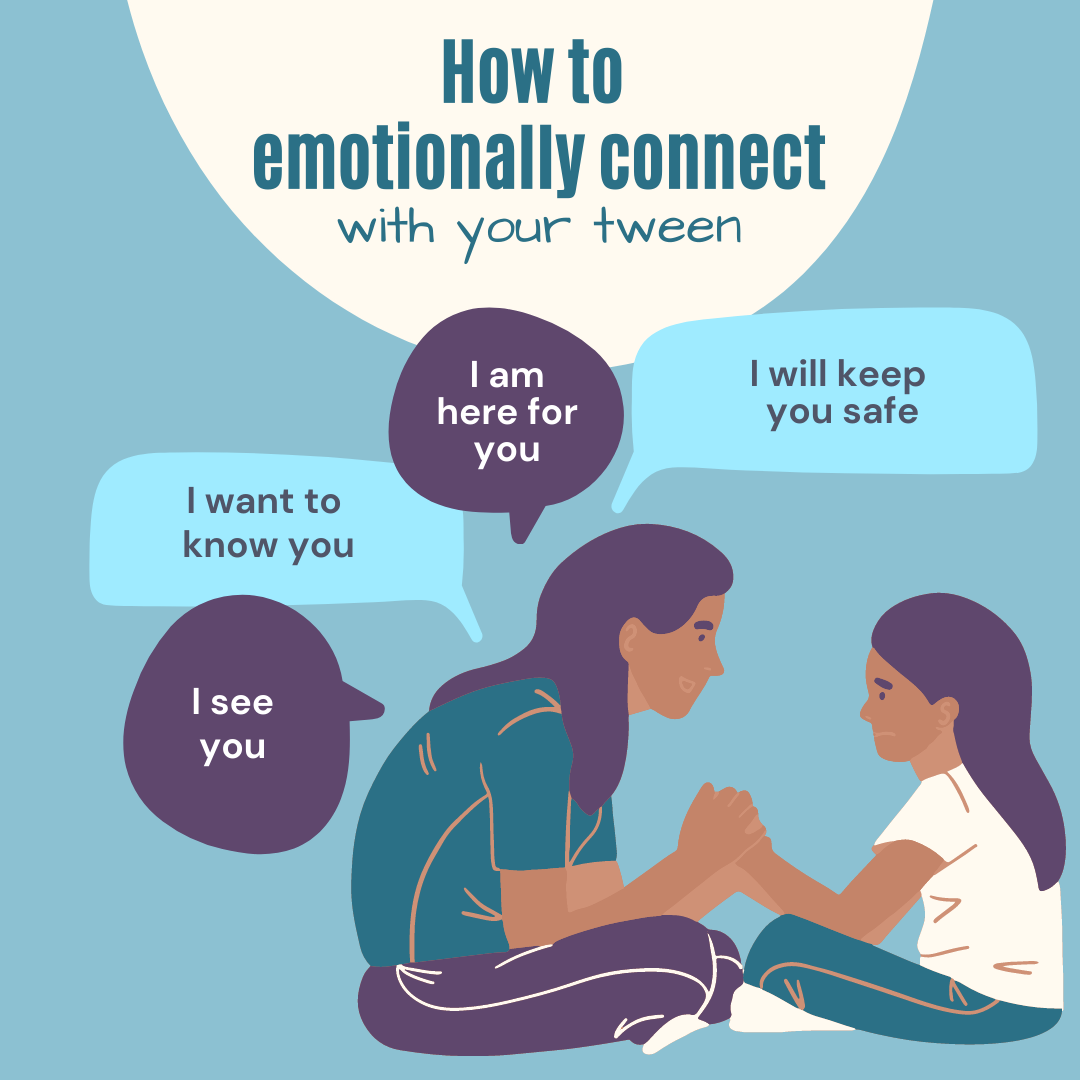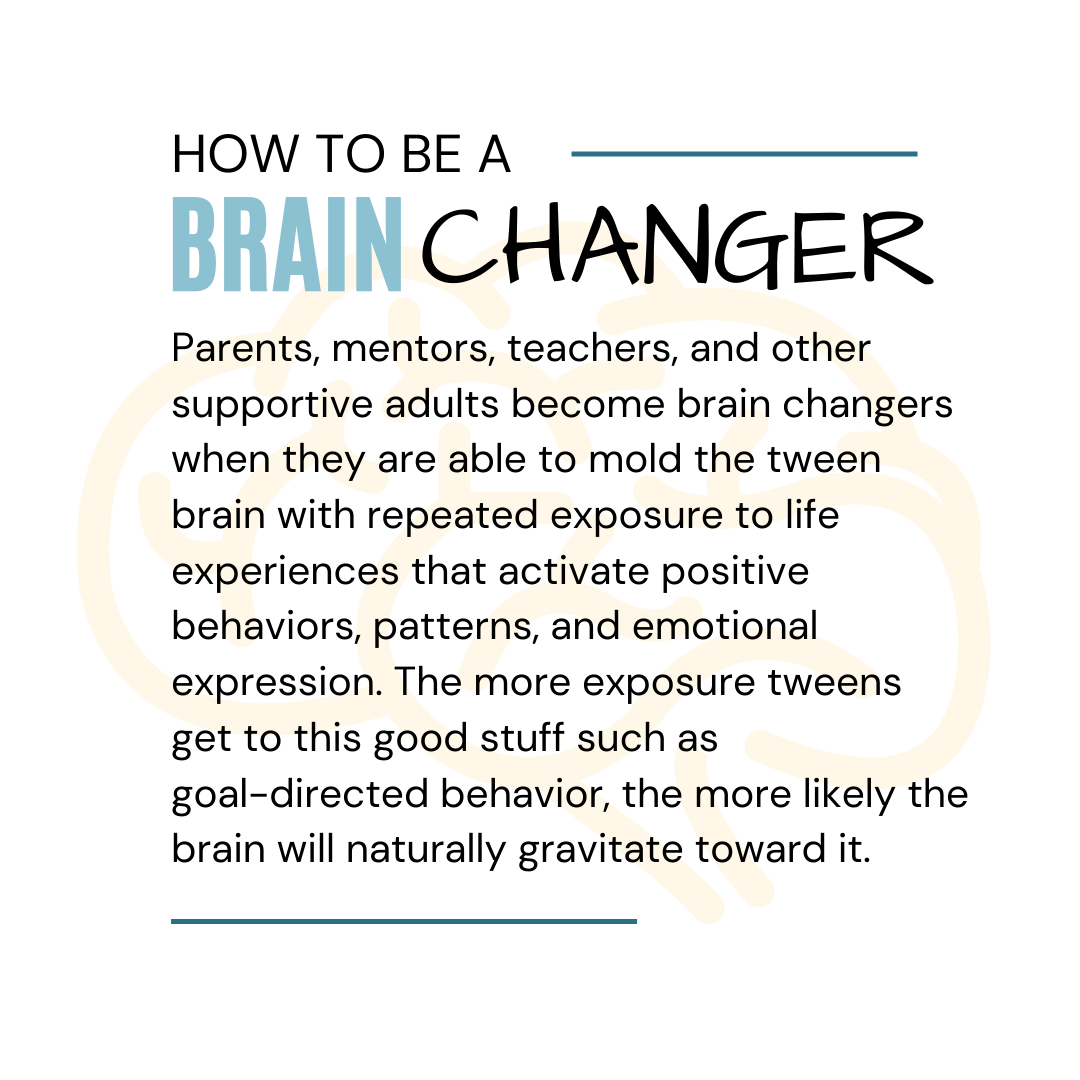Shopping Cart
Who Are You & What Have You Done with My Kid?
Connect with Your Tween While They Are Still Listening
Description
So you have a Tween! What now? Dr. Amanda Craig knows what it’s like to watch your child go from sweet elementary student to moody tween in the span of just a few years and she’s here to help navigate you through it!
How do we keep our kids close while cultivating the confidence they’ll need to grow up? How do we navigate the inevitable dips, divides, and potholes? Where do we find the strength, self-awareness, and wisdom that amount to a path forward?
Despite the parenting opportunities in the tween years, we often spend time focused on academics and the social concerns of elementary school then quickly pivot to worries about safety, drugs, sex and the rebellious behavioral issues of the teen years. We think we’re connecting but we’re not. We miss the neurological explosion that is taking place before us as tweens experience four significant changes that shake them (and us) to their core.
Most importantly, parents still have a “seat at the table” to make positive impressions on their tweens as they prepare them for the teenage years.
How do we keep our kids close while cultivating the confidence they’ll need to grow up? How do we navigate the inevitable dips, divides, and potholes? Where do we find the strength, self-awareness, and wisdom that amount to a path forward?
Despite the parenting opportunities in the tween years, we often spend time focused on academics and the social concerns of elementary school then quickly pivot to worries about safety, drugs, sex and the rebellious behavioral issues of the teen years. We think we’re connecting but we’re not. We miss the neurological explosion that is taking place before us as tweens experience four significant changes that shake them (and us) to their core.
- Their brains are changing.
- They feel and experience emotions they do not recognize.
- They’re hyperaware of themselves.
- They do not know how to express themselves.
Most importantly, parents still have a “seat at the table” to make positive impressions on their tweens as they prepare them for the teenage years.


